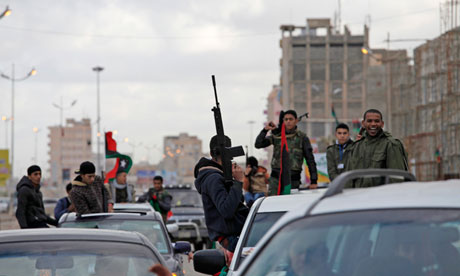By Alexandra Sandacz
Impunity Watch Reporter, Europe
AMSTERDAM, Netherlands – Last Wednesday, the International Criminal Tribunal for the former Yugoslavia (ICTY) found Mico Stanisic and Stojan Zupljanin guilty of participating in murder, torture, and persecution of Bosnian Muslims and Croats during Bosnia’s 1992-1995 war.

Stanisic was the interior minister of the Bosnian Serb republic and Zupljanin was a senior security official. Stanisic turned himself over to the court in 2005. However, after 9 years of hiding, in 2008, Zupljanin was arrested in Budva, Montenegro.
During Stanisic and Zupljanin’s trial, which lasted 365 days, 199 witnesses testified and more than 4,000 pieces of evidence were offered.
The International Criminal Tribunal for the Former Yugoslavia stated the two men contributed to a “joint criminal enterprise with the objective to permanently remove non-Serbs from the territory of a planned Serbian state.”
The United Nations’ war crimes court sentenced the two former Bosnian Serb officials to 22 years in prison for crimes against humanity, including acts of murder, torture, unlawful detention, deportation and plunder in various parts of Bosnia and Herzegovina in 1992.
Nedeljko Mitrovic, president of the RS Organisation of Families of Captured, Killed Soldiers and Missing Civilians, stated, “With this judgment, The Hague proves it did not change its earlier policy towards the Serbs. They prove, once again, their intention to blame the Serbs responsible for everything. We all know how many crimes were committed against the Serbs, but, unfortunately, there is still no justice for those people.”
However, Sonja Biserko, director of the Belgrade Helsinki Committee for Human Rights, said, “It is good this judgment was passed, especially since it points to Serbia’s involvement in the war in Bosnia, because these charges are, in some way, part of the indictment against Slobodan Milosevic. Relations between Bosnia and Herzegovina and Serbia are still low, and to improve them is much work.”
Furthermore, Murat Tahirovic, president of the Bosnia and Herzegovina War Camp Prisoners Association, said, “This is definitely a positive decision of The Hague tribunal and we hope the appeals chamber of court will not reverse this judgment. These men are responsible for mass killings and torture. It’s good that the court proved this as a joint criminal enterprise, because it shows that top police officials knew what was happening on the ground during the war in Bosnia.”
Zupljanin and Stanisic are among 163 individuals sentenced by the ICTY for war crimes in the former Yugoslavia.
For further information, please see:
Southeast Europe Times – Hague Convictions Sparks Mixed Reactions – 1 April 2013
Aljazeera – War Crimes Court Convicts Bosnian Serbs – 27 March 2013
BBC News – War Crimes Court Jails Bosnian Serbs – 27 March 2013
RFE/RL – Two Former Bosnian Serb Officials Jails for 22 years — 27 March 2013



